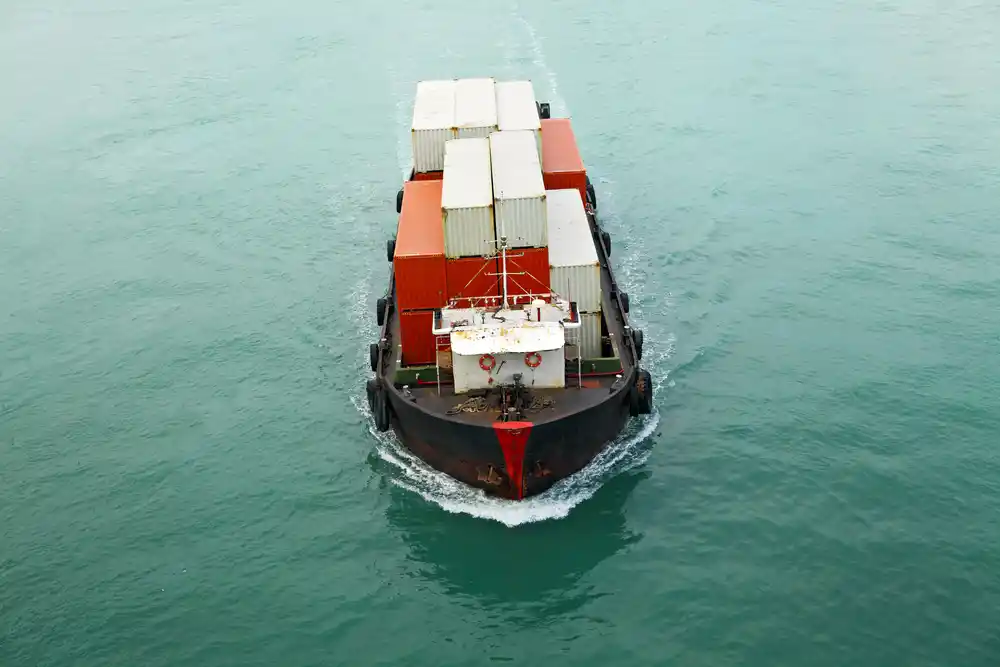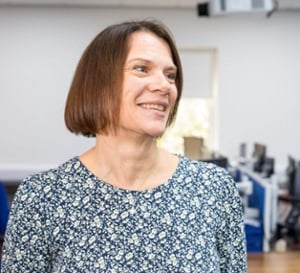
Time is running out for businesses that import goods to sign up with new Customs Declaration Service (CDS).
- The existing system for customs declarations, CHIEF, will no longer be available for declaring imports from midnight on 30 September 2022.From 1 October 2022 businesses that have not signed up for CDS will no longer be able to import goods into the UK.
- HMRC have been sending letters and emails to known importers but there are still an estimated 3,500 businesses who have not yet signed up.
Businesses need to register to access the systems to:
- submit import and export declarations using software
- get postponed import VAT statements or import VAT certificates
- pay Customs Duty and import VAT
How to subscribe to the Customs Declaration Service
There are five key steps to signing up and these take time so businesses need to act now to ensure they can continue to import after 30 September 2022.
Step 1 – Register for a Government Gateway account
A Government Gateway account is required to access the CDS. Most businesses will already have an account for other taxes.
Step 2 – Apply for an Economic Operator Registration and Identification (EORI) number
Businesses moving goods in and out of the UK need an EORI number beginning with GB.
Businesses without an EORI number can apply using the online form here on the GOV.UK website. HMRC advise that it takes 7 days to receive an EORI number, but it can take longer depending on how many applications they have to process.
Step 3 – Register for the Customs Declaration Service (CDS)
The online registration form can be found by clicking here and is accessed using your businesses Government Gateway ID and password, or your own if you are applying as an individual.
The following information is required to complete the form:
- EORI number
- Unique Taxpayer Reference (UTR)
- The business address which HMRC hold on their customs records
- National Insurance number (if you’re applying as an individual or sole trader)
- The start date of the business
After subscribing to the Customs Declaration Service, you may be able to access the system within 2 hours; however, it can take up to 5 days.
Step 4 – Choose which payment method to use
The main payment methods you can choose from are:
- Duty deferment account – CDS uses a separate HMRC bank account to CHIEF, so a new direct debit will have to be set up.
- Postponed VAT accounting (the VAT is declared on the business’ VAT return).
- Cash account – these replace the Flexible Accounting System (FAS), and you’ll be set up with one once you’ve registered for the CDS.
- Immediate payment by Bacs, CHAPS, online or by telephone banking – you can pay by debit, corporate credit card or cheque.
- Individual guarantee – you can use this to cover customs duties for one-off or high value imports.
- General guarantee account – this allows multiple guarantees to be provided from the same account, whilst continuing to import goods into the UK. Any disputed amounts are paid later once agreed.
Step 5 – Instruct your customs broker or agent
You need to give your broker or agent customs clearance instructions, which are compliant with the Customs Declaration Service. You may need to:
- let them know about any changes to your preferred method of payment.
- let them know about the incoterms, awareness for all values, the location information, and nature of transaction information.
Although CDS is only going live for imports in October 2022, the new system will also be compulsory for exports with effect from 1 April 2023.
Do you require assistance?HMRC have produced guidance on how the new system works but it can be difficult to understand, and not always particularly helpful. If you do require assistance with either the registration process or using the Customs Declaration Service, we encourage you to contact the tax team at Shorts. We are always happy to help. |

Lynne Gill
My area of expertise is land and property transactions but I have extensive knowledge of both domestic and international VAT and I love complex VAT queries. I have an Honours degree in Business Studies and a VAT legal and technical qualification from the Institute of Indirect Taxation.
View my articlesTags: Business Taxes

